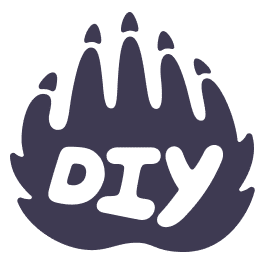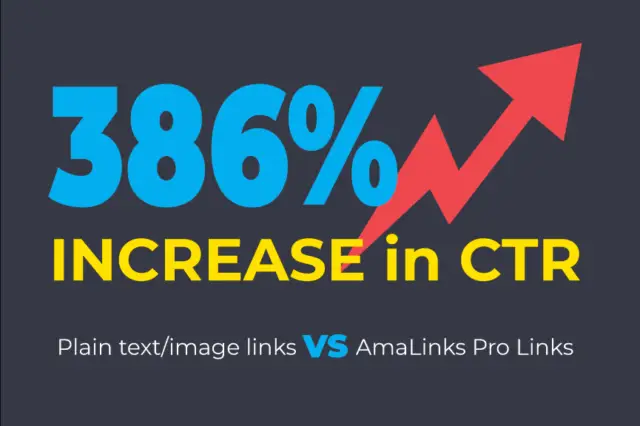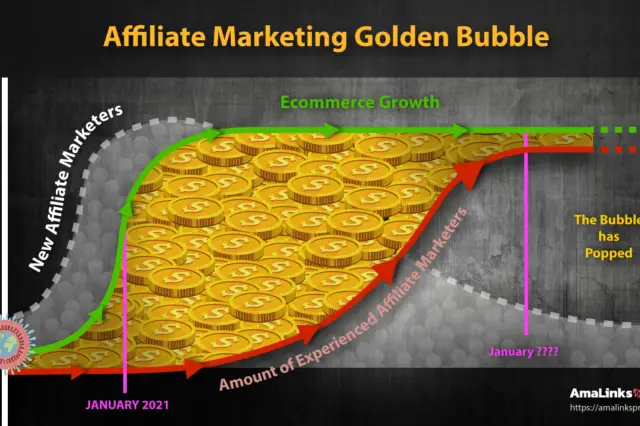
Learn about the DIY.org affiliate program.
DIY.org, an abbreviation for “Do It Yourself,” is an online learning platform that offers an innovative approach to education and skill-building for children and teenagers. The platform operates on the philosophy that learning should be self-directed, driven by passion, and accessible to all. Rather than adhering to traditional education models, DIY.org promotes learning through practical experiences, hands-on activities, and project-based challenges.
The platform provides a vast library of skill tracks, each catering to a different interest or hobby, from photography, coding, and cooking to animation, robotics, and gardening. Within each skill track, users can find step-by-step tutorials, challenges, and projects to complete. As learners progress through these challenges, they earn digital badges as a symbol of their accomplishments, fostering a sense of achievement and motivation to keep learning.
DIY.org was co-founded in 2011 by Zach Klein, Matt Hackett, and Isaiah Saxon, with the mission of empowering young people to unleash their creativity and cultivate a growth mindset. The founders recognized the limitations of traditional education systems, which often focus on standardized tests and grades, leaving little room for exploring individual interests and passions.
Inspired by the DIY ethos and the Maker Movement, where individuals embrace a hands-on approach to learning and creating, the founders sought to create an online platform that harnessed the power of the internet to facilitate a global community of learners. DIY.org aimed to be a place where young minds could learn practical skills, gain confidence in their abilities, and connect with like-minded individuals across the globe.
The platform gained traction quickly, attracting a diverse community of learners ranging from young children to teenagers. As word spread about the engaging and interactive nature of the learning experience, DIY.org saw exponential growth in its user base. Parents, educators, and mentors soon recognized the potential of DIY.org as a supplemental learning tool that nurtures creativity, critical thinking, and problem-solving abilities.
DIY.org’s success lies in its carefully designed features and learning approach. The platform’s user-friendly interface allows learners to navigate through various skill tracks, select their areas of interest, and dive into challenges that align with their passions. Each challenge comes with detailed instructions, video tutorials, and a community forum where users can seek guidance, share their progress, and learn from others.
One of the key components of DIY.org is its emphasis on experiential learning. Rather than relying solely on theoretical knowledge, learners are encouraged to apply what they learn to practical projects. This hands-on approach helps them internalize concepts, develop problem-solving skills, and build confidence as they witness their ideas come to life.
The gamified aspect of the platform, with its system of earning badges, adds an element of motivation and friendly competition. The digital badges serve as a visual representation of a user’s achievements, encouraging them to complete challenges and pursue continuous growth.
A thriving and supportive community is at the heart of DIY.org’s success. The platform’s global network of learners fosters an environment where young individuals can collaborate, share ideas, and offer support to one another. This sense of belonging and camaraderie enhances the learning experience, making it enjoyable and fulfilling.
DIY.org also encourages mentorship, where experienced members can guide and inspire newcomers in their skill-building journey. Mentors play a crucial role in motivating learners, providing feedback, and helping them overcome obstacles, creating a cycle of learning and growth within the community.
Since its inception, DIY.org has made a significant impact on how young people approach learning and skill development. By empowering users to explore diverse interests and acquire practical skills, the platform has nurtured a generation of creative and curious individuals who are unafraid to embrace new challenges.
The future prospects for DIY.org are promising, with the potential to expand its skill tracks, reach a broader audience, and forge partnerships with educational institutions and organizations. The platform’s commitment to accessibility and inclusivity means that it continues to be an invaluable resource for learners from all walks of life.
DIY.org stands as a remarkable example of how online learning can transform education by fostering creativity, self-directed learning, and community building. Through its innovative approach, DIY.org has proven that passion-driven learning, combined with a supportive community, can unlock the potential of young minds and shape them into lifelong learners with the skills and confidence to pursue their dreams.
Did you know that DIY.org has an affiliate program?
Here is some basic information about what DIY.org is all about. Check it out, and if you are interested there is a link below to access the DIY.org affiliate program.
DIY.org â Online Courses and Fun Projects for Kids – Learn new skills, complete challenges, and build a portfolio of fun projects. Choose from a variety of STEAM topics like drawing and engineering. For kids K-8.

Miles Anthony Smith
Miles is a loving father of 3 adults, devoted husband of 24+ years, chief affiliate marketer at AmaLinks Pro®, author, entrepreneur, SEO consultant, keynote speaker, investor, & owner of businesses that generate affiliate + ad income (Loop King Laces, Why Stuff Sucks, & Kompelling Kars). He’s spent the past 3 decades growing revenues for other’s businesses as well as his own. Miles has an MBA from Oklahoma State and has been featured in Entrepreneur, the Brookings Institution, Wikipedia, GoDaddy, Search Engine Watch, Advertising Week, & Neil Patel.
For more information about this offer: View the DIY.org homepage



